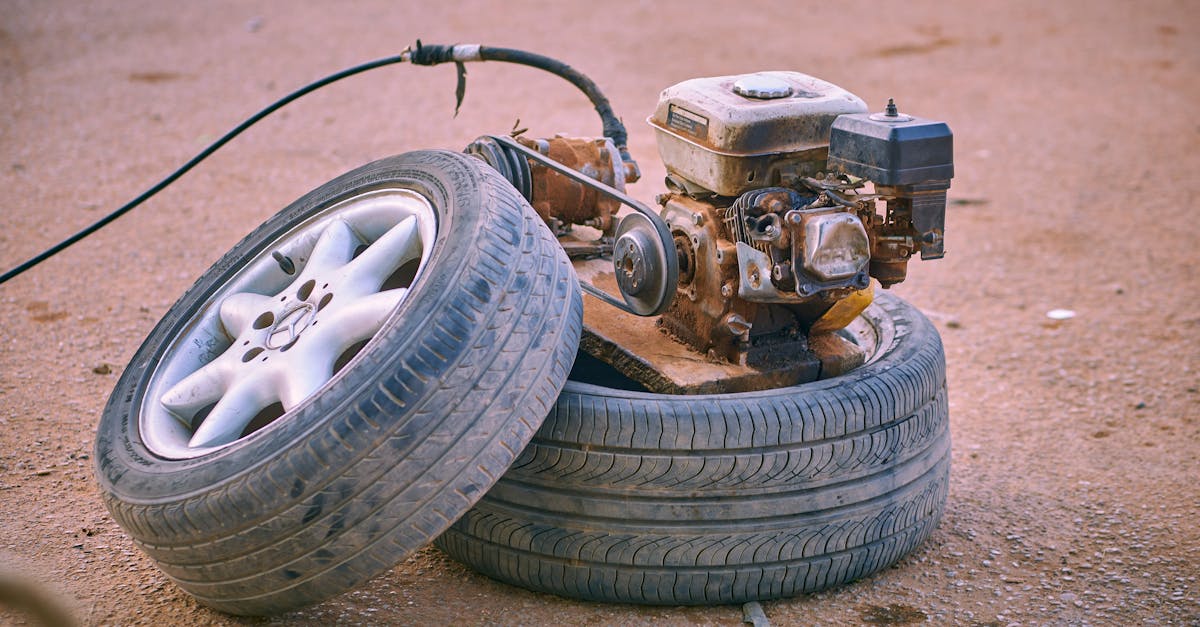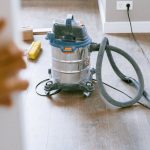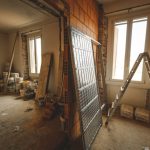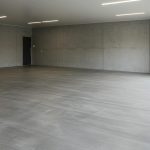
Drywall Repair Made Simple: Fix Cracks Like a Pro!
Every home faces the inevitability of cracks in drywall, often caused by settling around doors and windows. Rather than ignoring these blemishes, why not tackle them head-on? With the right techniques and materials, you can restore your walls to their former glory and create a seamless finish. Discover how to repair those annoying cracks effectively, ensuring they don’t return anytime soon!

Over time, even the sturdiest homes can develop imperfections, including unsightly cracks in the drywall. Whether caused by settling or temperature changes, these flaws can be easily repaired. In this guide, we will walk you through the process of fixing drywall cracks like a pro, ensuring that your walls look flawless again.
Understanding Drywall Cracks
Before we dive into repairs, it’s important to understand the common types of drywall cracks. This knowledge will help you address the issues effectively.
Types of Drywall Cracks
Cracks can appear for various reasons. Here are some of the most common types:
- Hairline Cracks: Thin, fine cracks that often result from general settling.
- Corner Cracks: Typically found at the corners of doors and windows, these cracks can expand over time.
- Deep Cracks: More than 1/4 inch deep, these require additional repair methods and stronger materials.
Essential Tools and Materials for Drywall Repair
Having the right tools and materials at your disposal makes all the difference. Here’s what you will need:
Necessary Materials
| Item | Purpose |
|---|---|
| Painter’s tape | Protect areas during repair. |
| Paper drywall tape | Used for reinforcing cracks. |
| Pre-mixed joint compound | Fills and smooths crack area. |
| Setting type compound | For deep cracks requiring stronger adhesion. |
| Utility knife | To create notches in drywall. |
| Sanding block | Smooths repaired areas. |
| Taping knife | Applies joint compound smoothly. |
Step-by-Step Drywall Repair Process
Now that you are equipped with the right tools and materials, let’s go through the repair process step-by-step.
Step 1: Prepare the Crack
To start, inspect the crack carefully. If it’s just a hairline crack, you might only need to add joint compound. For larger cracks, cut a V-notch along the crack’s length with a utility knife to a depth of 1/8 to 1/4 inch. Make sure to remove all loose drywall material to ensure the repair adheres properly.
Step 2: Embed the Tape
Next, apply a coat of joint compound over the crack. While the compound is wet, lay the paper drywall tape over it. Using a 6-inch taping knife, press the tape down to remove any air bubbles, and add more compound on top, feathering the edges to blend seamlessly with the wall surface. Let it dry completely.
Step 3: Apply Additional Coats
Once the first layer is dry, apply additional layers of joint compound, as needed. Each layer should extend further beyond the previous one to gradually smooth out the area. After the final layer dries, sand it down carefully to a smooth finish, ensuring that you do not expose the tape.
Tips for a Successful Repair
To ensure your drywall repairs are successful, follow these expert tips:
- Always work in well-ventilated areas to speed up drying times.
- Use a damp sponge to moisten paper tape before applying it; this helps avoid air bubbles.
- Be patient during the process; proper drying between layers is essential.
- Consider using a quick-setting compound for larger repairs to expedite the process.
Final Touches: Painting the Repaired Area
After the repair is sanded smooth, it’s time to paint. Choosing the right paint can make a significant difference in the finished look. Match the paint type and color with your existing walls to ensure a uniform appearance.
Painting Tips
When painting over your repair:
- Use a primer before applying the top coat, especially if the repaired area is noticeably different.
- Use a quality brush or roller for smooth application.
- Feather the edges of the paint to blend it with the surrounding area smoothly.
Common Mistakes to Avoid
While fixing drywall cracks might seem straightforward, common pitfalls can lead to less-than-stellar results. Avoid these mistakes:
- Skipping the sanding step, which can leave an uneven surface.
- Overloading with compound in one go, leading to cracking as it dries.
- Neglecting to clean the work area, which can hinder adhesion.
In this guide, we covered the straightforward steps to address common drywall cracks, ensuring your walls look flawless again. Starting with the essential materials like painter’s tape and joint compound, we explained how to not only fill in those unpleasant cracks but also prevent them from reappearing. By applying paper tape and carefully layering joint compound, you can achieve professional-looking results.
Don’t let cracked walls diminish the beauty of your home. Contact a drywall repair specialist today and experience the expertise that will restore your walls to perfection, hassle-free. Transform your living space with professional drywall repair services now!











